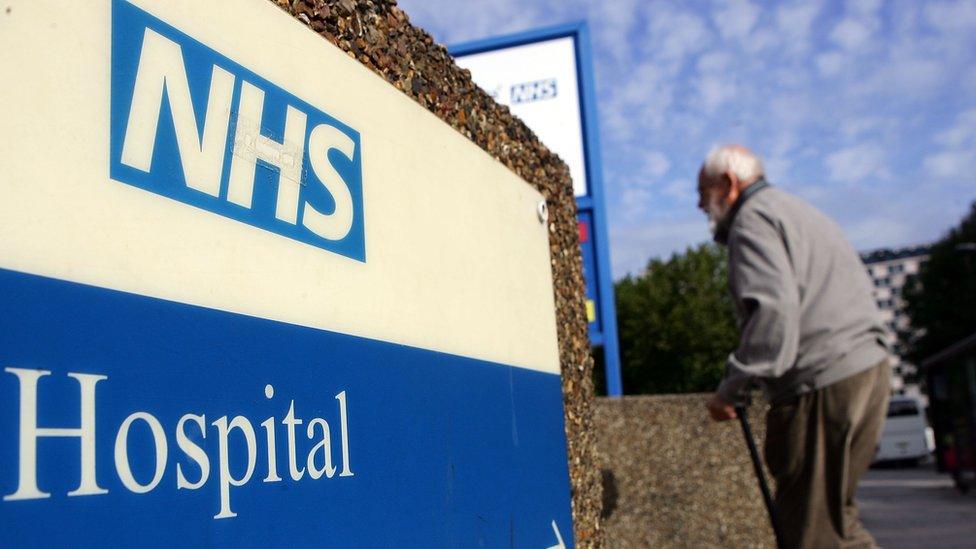Q&A: Social care and Wales
- Published
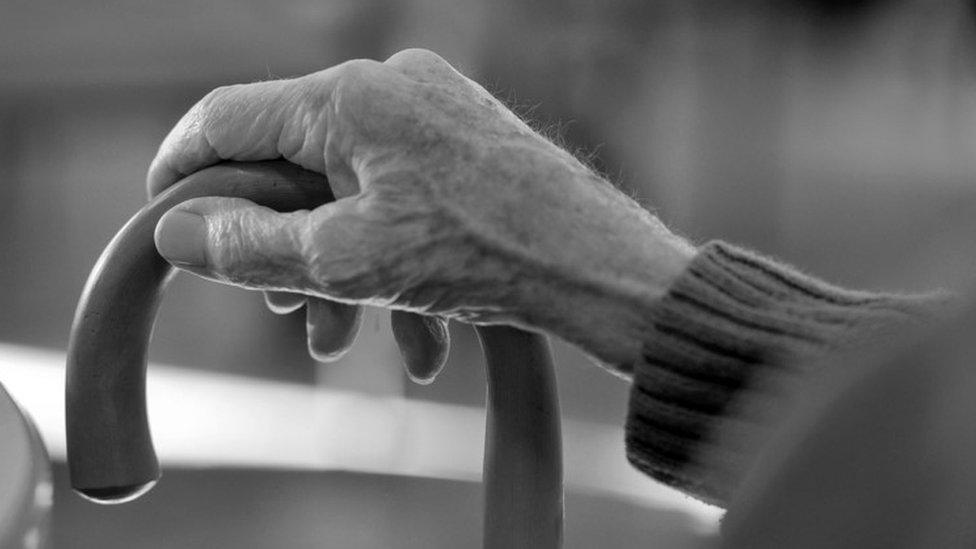
The number of older people affected by chronic conditions and disability is set to soar in the next eight years, experts have warned.
Latest research suggests that by 2025 there could be nearly three million people over the age of 65 needing care in England and Wales - a 25% increase since 2015.
The Health Foundation, external last year estimated pressures on social care in Wales would rise by about 4.1% a year over the next 15 years due to population changes, the nature of complex and chronic conditions and rising costs.
It is a challenge that all levels of government have to grasp.
Social care covers everything from help in an individual's home for tasks such as washing and dressing, to round-the-clock help in a care home or nursing home.
The way the system works is different, depending on which part of the UK a person lives in.
But unlike the NHS, social care is not usually free.
Some people aged 65 and over will get help towards their costs, but others can pay the full cost.
Social care for the elderly takes up around a third of Welsh councils' social services budget - more than £550m in 2016-17.

IF SOCIAL CARE IS DEVOLVED, DOES UK POLICY STILL MATTER?
The devolved governments in Wales, Scotland and Northern Ireland each set their own rules.
But that is not to say that decisions made on social care in England would have no bearing at all on policy in Wales for example.
If the UK government decided that the state should contribute less and that a higher proportion of the social care budget in England should be paid for by the personal savings and incomes of individuals receiving care and their families.
Then that could mean less money being allocated to Wales from Westminster through the Barnett funding formula.

SO WHAT IS THE SITUATION IN WALES?
1: Care in own home
The maximum someone has to pay in Wales for care in their own home is capped in Wales at £70 per week.
Those with savings of less than £24,000 (not including the value of their own home) - could pay less.
But it is up to councils to determine whether a person's needs are severe enough to make them eligible for help - and most set the bar at the two highest levels - "substantial" or "critical".
However, from April 2016, everyone has a right to have their needs assessed.
The Welsh Government says 20,000 people in Wales benefit by paying this maximum or less for care in the home.
Councils get £13m to operate this cap.
2: Care homes
People with assets of more than £30,000 (including the value of their home if it is unoccupied) pay the full cost of their residential care but if your resources fall below £30,000, you then qualify for financial help.
The amount an individual then has to pay is determined on the basis of their income (e.g. from pensions or benefits).
The Welsh Government has pledged to increase the limit to £50,000 by the end of this assembly term in 2021. They say that could benefit about a quarter of the 4,000 or so people who currently pay the full cost of their care.
People who need nursing care (because of a health need) can get a contribution from the NHS towards their costs - and some could even get all their fees met.
Calculator: What is the cost of care in your area?

WHAT ABOUT ENGLAND?
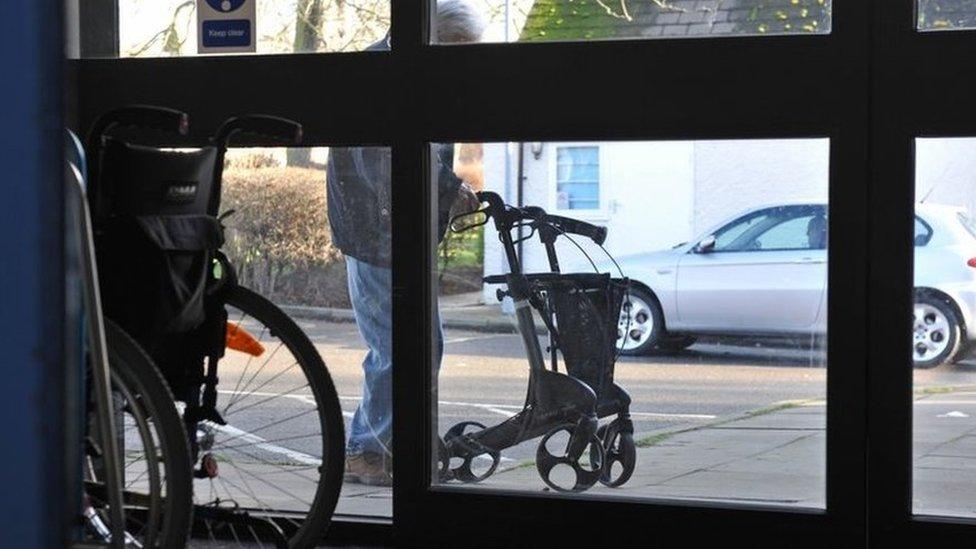
As things stand, those with individual assets of more than £23,250 have to pay for the full cost of that care regardless of whether it is in a care home, nursing home or in their own home.
The value of a home (as in Wales) is only included if a patient receives care at a care or nursing home.
But from April 2020 - the UK government had delayed the original 2016 date - the cost of care was set to be capped at £72,000 from the age of 65 onwards.
However, that sum only included the care element. Some £230 a week of the costs charged by the care home will not count, as these are being classed as living costs that people would have to pay in the community to cover things such as accommodation, food and bills.
As in Wales, people needing nursing care get a contribution from the NHS towards their costs.
The Conservatives in their manifesto proposed a further revamp.
Under the plans nobody who has assets of less than £100,000 would have to pay for care.
But crucially that calculation included the value of the house - for people paying for care in their own homes.
If their assets are above £100,000 they will have to pay until their value reaches that cut-off point.
The party said nobody would have to sell their house in their lifetime, or that of a surviving partner, but ultimately care costs would be taken from their estate.
But following criticism the prime minister announced there would be an "absolute limit" on the money an individual would have to pay - although the manifesto mentioned no such cap.

SCOTLAND
In Scotland, anyone over 65 is entitled to free personal care if they are assessed as needing help.
It is up to local authorities to set their criteria for who is eligible. Most have set it at substantial or critical level.
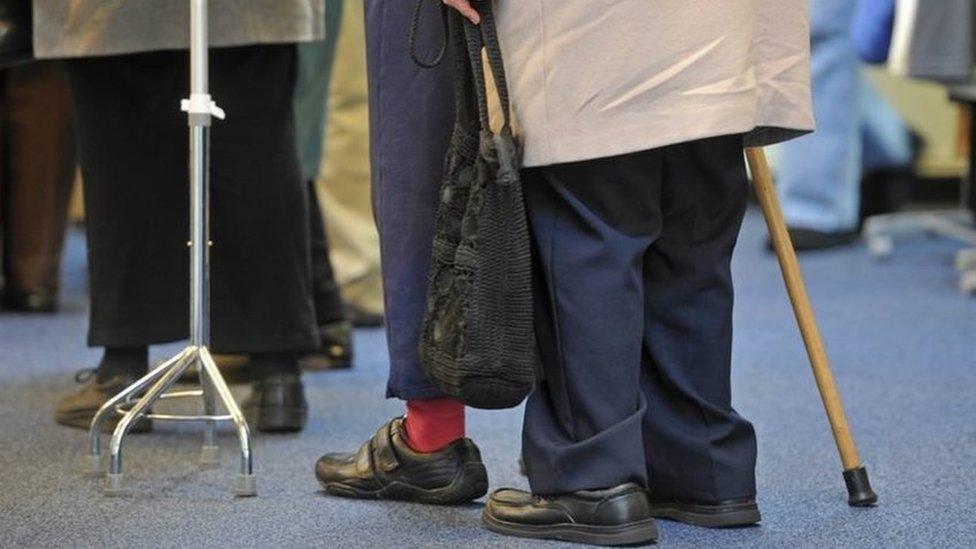
Personal care includes support to wash, dress and prepare meals. It does not, however, cover the cost of supplying the meals or for tasks such as help with shopping.
Anyone who needs care which requires a qualified nurse have that provided free by the NHS.
If an individual is in a care or nursing home they will get £171 towards personal care and £78 towards their nursing care if they have a medical need.
However, they may be entitled to some help if their assets - and that could include their house - fall below £26,250 (it will rise to 26,500 in June 2017).
They will be assessed to see how much they can contribute.
Everyone is entitled to keep at least £16,250 (rising to £16,500 in June 2017).

NORTHERN IRELAND
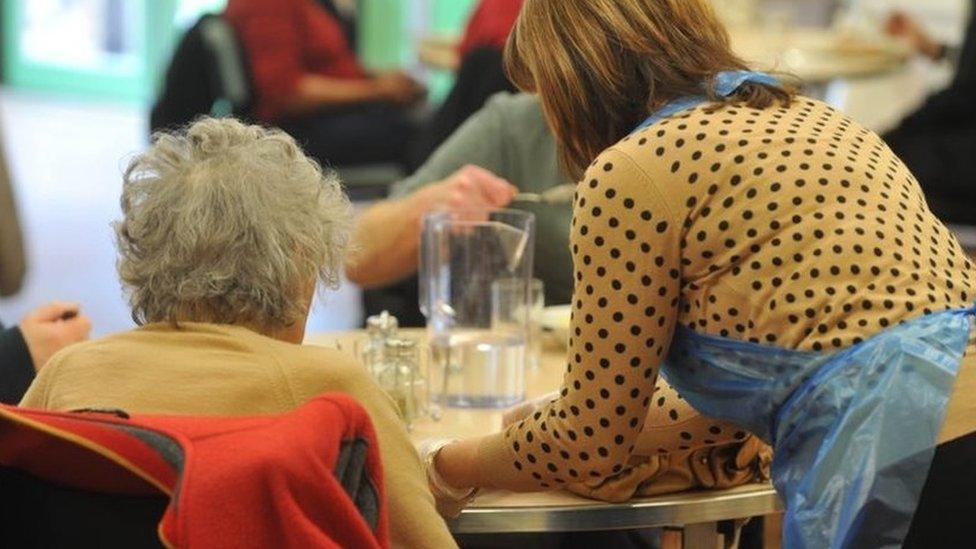
Social care is much more integrated in Northern Ireland. There are five health and social care trusts, which assess the help people need.
For people over the age of 75 most care in the home is provided free.
Those who are under the age of 75 may have to pay towards their care. Any charges are at the discretion of the local trust.
If someone needs to be looked after in a care home or nursing home, those with assets of over £23,250 - and that may include the value of the individual's property - pay for the full cost of their care.
Those with less may be entitled to some help - and everyone gets to keep at least £14,250 of assets.
- Published20 March 2017
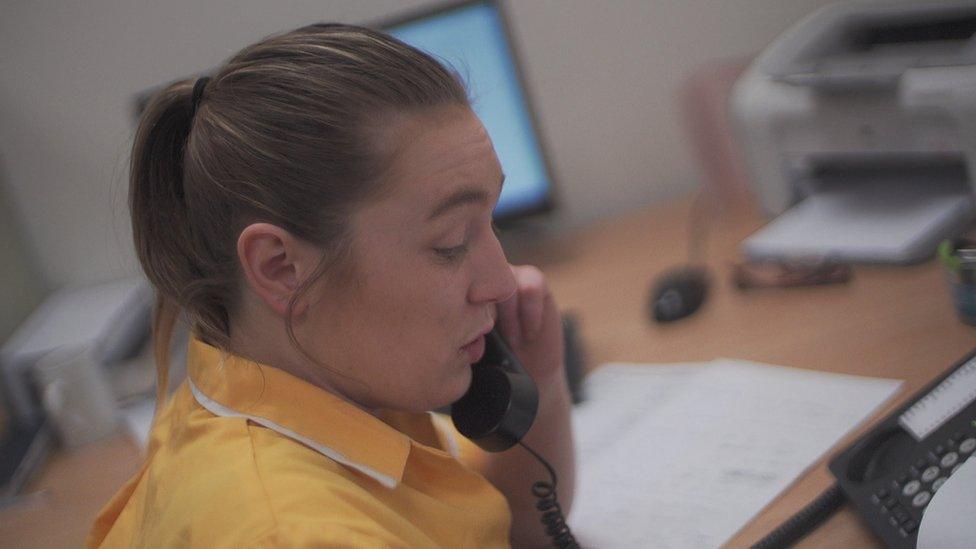
- Published22 May 2017

- Published18 May 2017
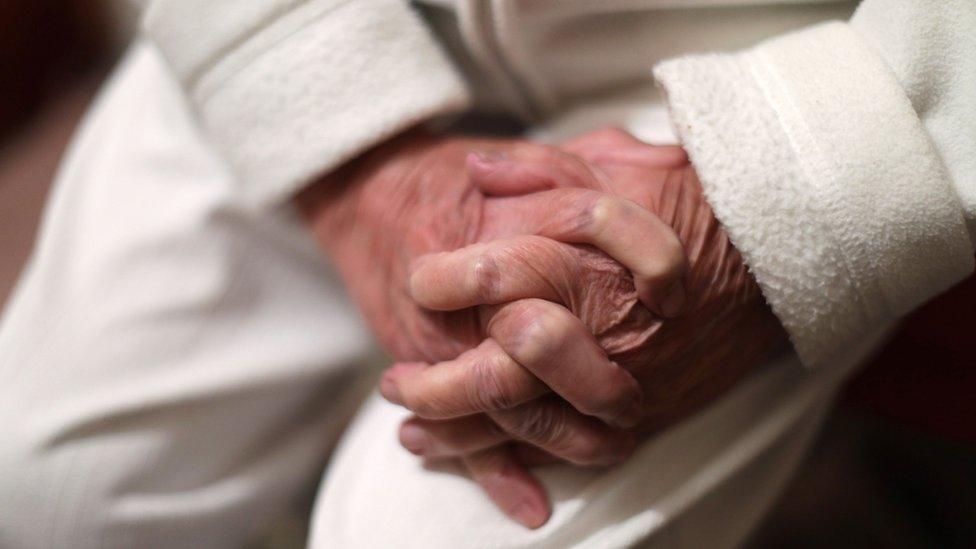
- Published1 May 2017
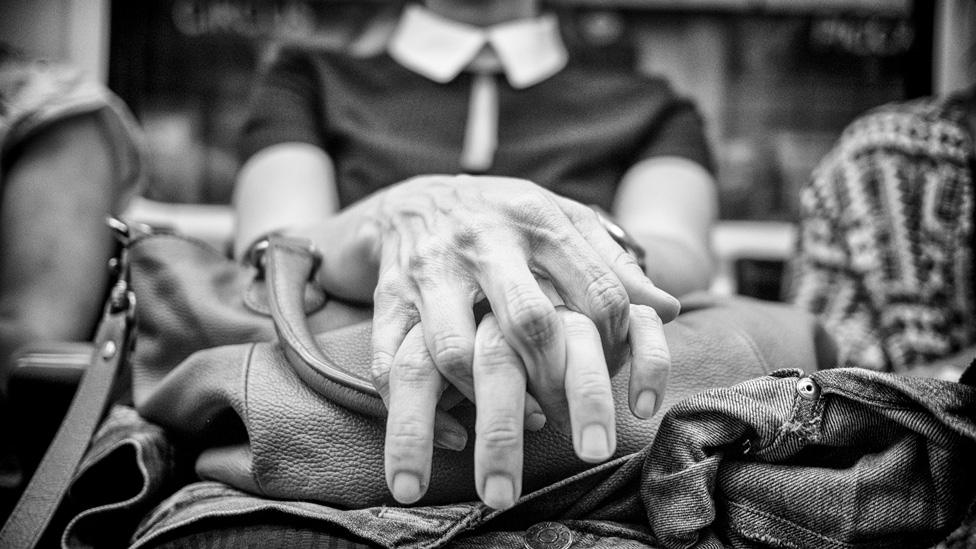
- Published8 February 2017

- Published6 January 2017
